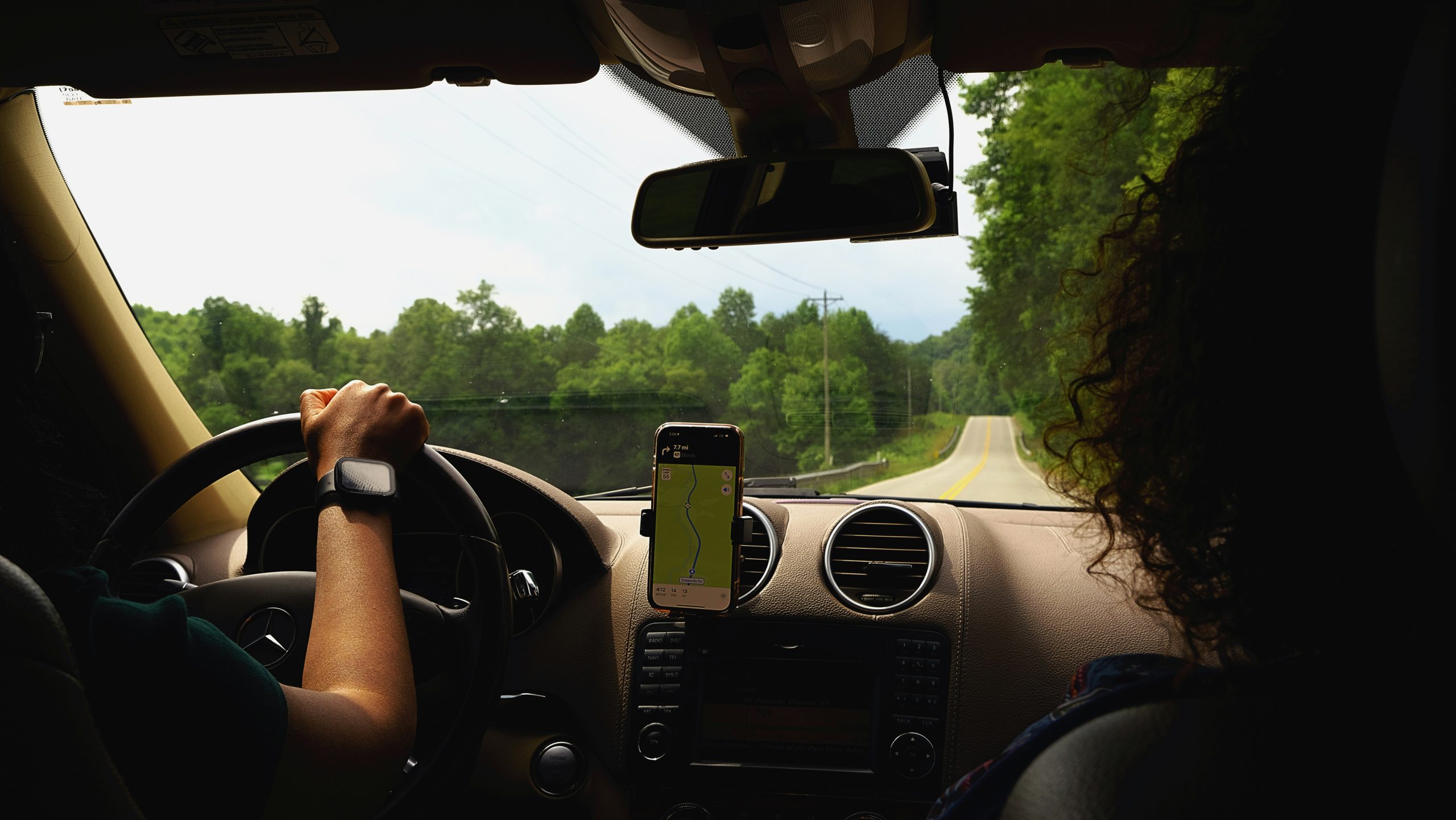
Our 5 senses are the safety equipment you didn’t know you needed
When we talk about road safety, we often think of speed limits, seatbelts, and staying off your phone. But there’s another layer of defense most drivers overlook: Our five senses.
“Your senses are your early warning system,” says Sakina Ntuli, King Price Spokesperson. “Whether you’re navigating peak-hour traffic or cruising on the open road, your ability to see, hear, smell, feel, and even taste can alert you to danger.”
Here’s how each sense plays a surprisingly important role in your safety behind the wheel:
Your eyes are your most powerful tool on the road: They help you keep track of other traffic, spot road signs and robots, and detect hazards like pedestrians and potholes. But, many drivers underestimate the impact of seemingly small issues on their vision.
A dirty windscreen, a scratched pair of sunglasses, or driving straight into the setting sun can all impact your visibility, as can low-visibility conditions like mist or heavy rain. Slowing down, keeping a safe following distance, and switching on your headlights can make a big difference. And, if you wear glasses, make sure your prescription is up to date. Your sight might be sharp enough for everyday life, but not for split-second decisions on the road.
Your ears can pick up what your eyes might miss: The wail of a siren, screeching brakes, or even an engine issue, are all signs that something is amiss. But, it’s also about what you don’t hear. Loud music can drown out important warnings, so while a good playlist can make the journey more enjoyable, it’s smart to keep the volume down.
Your nose might just be the first to alert you: While we don’t usually associate smell with safe driving, the scent of burning rubber, leaking fuel, or an overheating engine are all major red flags. “Drivers often dismiss strange smells until it’s too late,” says Ntuli. “If your nose picks something up, it’s worth pulling over to check it out provided that it’s safe to do so.”
Your sense of touch gives you constant feedback: A vibrating steering wheel, sluggish brakes, or uneven tyre wear are all things you can feel, and they all mean that your car isn’t performing as it should. If something feels ‘off’, get it checked out before it becomes dangerous. The trick is knowing how your car normally feels. That way, changes are easier to spot early.
And then there’s taste: Not what’s in your mouth, but what you put there before you drive. Even one drink can blur your judgment. A heavy meal can leave you drowsy. Fatigue, poor decisions, and delayed reaction times are often the real culprits behind serious accidents… Not just reckless driving.
But even the most attentive, alert driver can find themselves in an emergency situation. A sudden breakdown. An accident. A medical issue. When that happens, you need to know there’s help on the way. “No one expects a crisis, but it’s reassuring to know you’re not alone on the side of the road,” says Ntuli. “That’s why King Price includes 24/7 roadside, accident, and medical assistance with our comprehensive car and motorbike cover.”
Ultimately, safe driving is about more than sticking to the rules. It’s about staying tuned in to your car, your body, and your environment. If something doesn’t feel right, trust your gut – and your senses. They might just help you stay safe, until help arrives.




















Post Comment